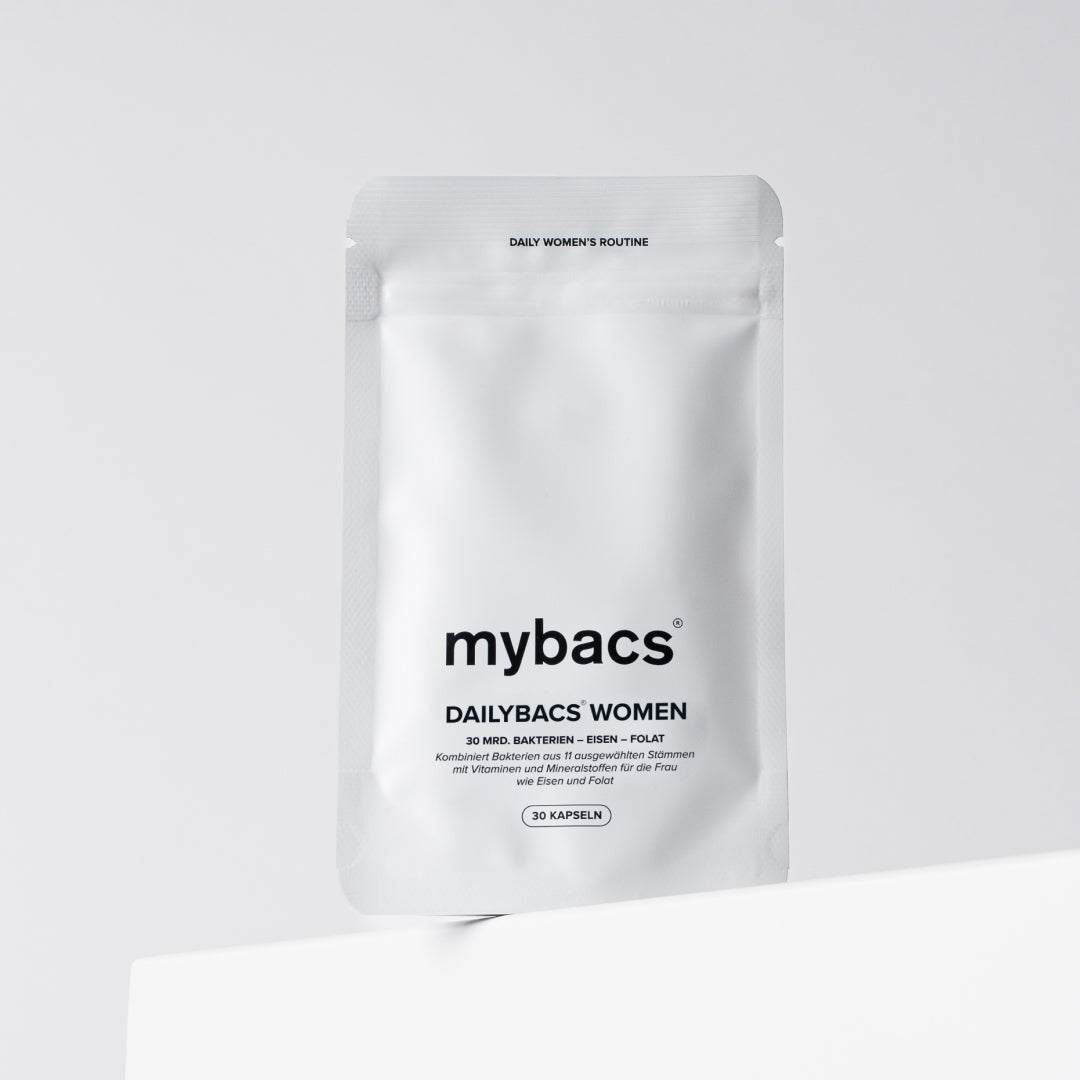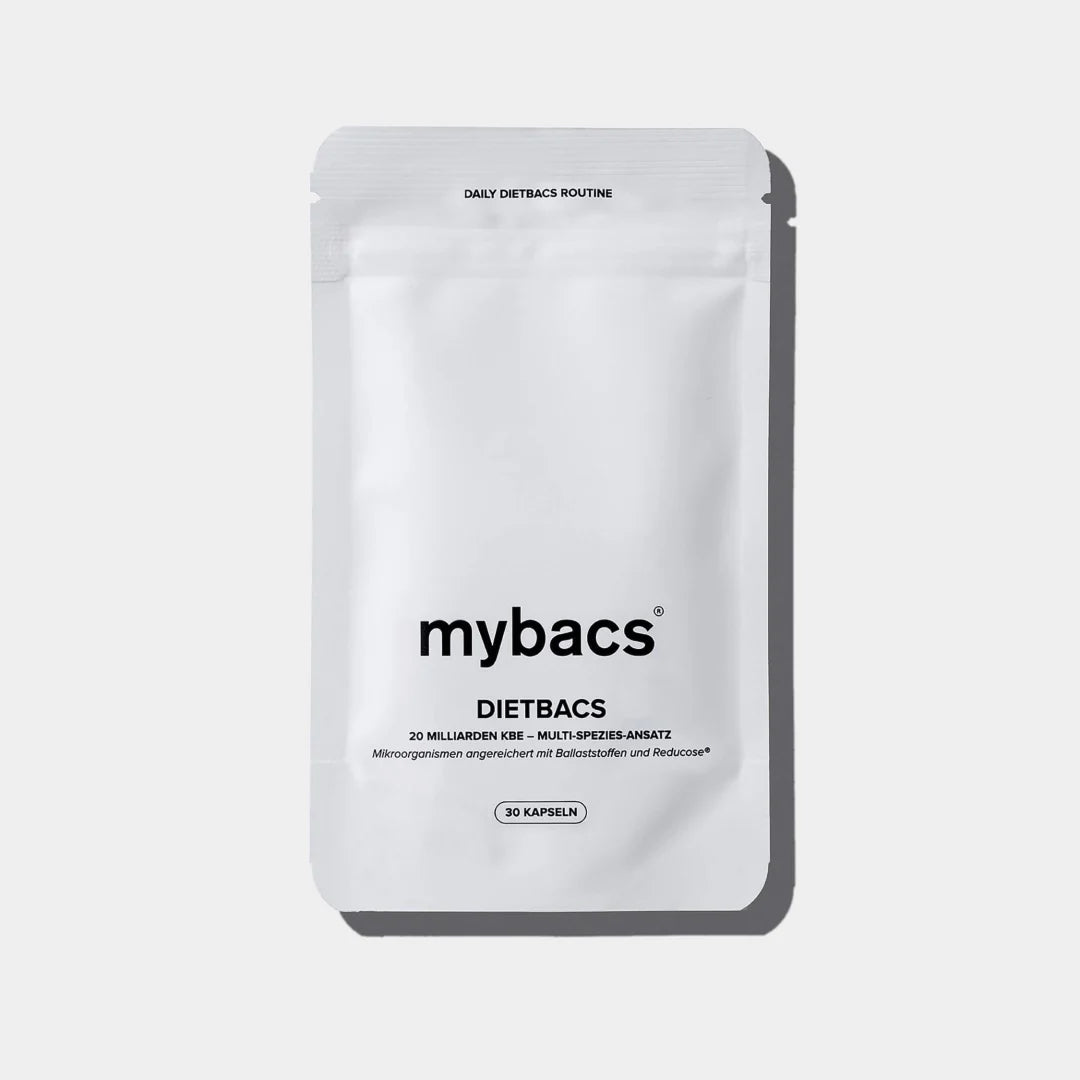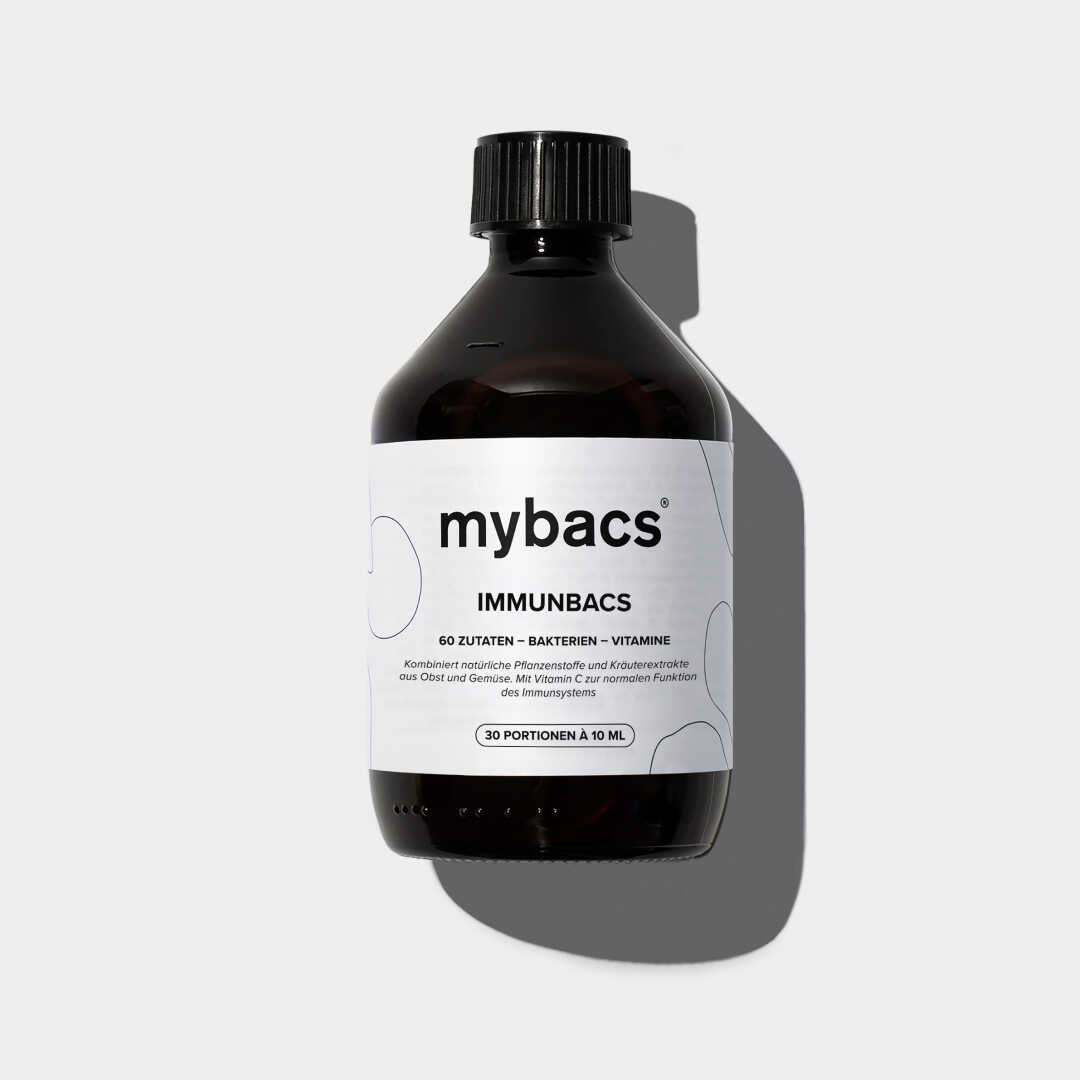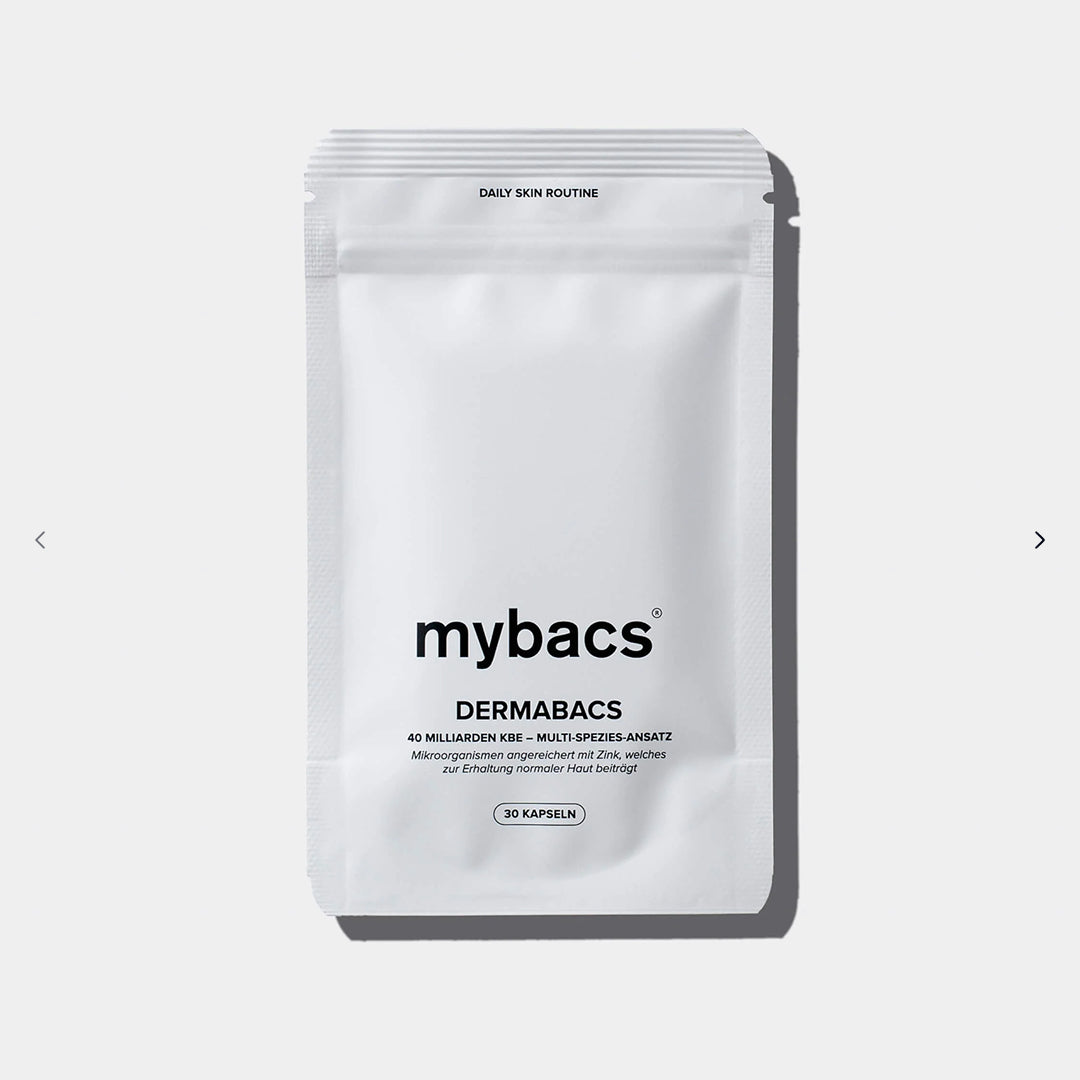We'd like to give you five valuable tips on how to properly protect and care for your skin. To understand how to do this, you should know how your skin "works." So, we'll start at the basics—the structure of your skin and your skin microbiome.
What is the skin microbiome?
The skin is the largest organ in the human body. It serves as a protective barrier against external influences such as dirt, radiation, and infections and plays a crucial role in our health and beauty.
The skin consists of three layers: the superficial epidermis, the middle dermis, and the deep subcutaneous tissue. The epidermis consists of dead skin cells and forms the outer barrier. The dermis contains the blood vessels, connective tissue, and sebaceous glands, which provide moisture to the skin. The subcutaneous tissue consists of fat and connective tissue and serves as thermal insulation.
An important part of our skin is also the skin microbiome, the totality of all microorganisms that live on our skin. These microbes, such as bacteria, fungi, and viruses, form a unique ecosystem and play a vital role in the health and protection of the skin. The skin microbiome helps maintain a healthy skin barrier by suppressing pathogens (disease-causing microorganisms) and promoting the growth of beneficial bacteria. A healthy microbiome balance also helps maintain skin moisture and reduce inflammation. A change in the skin microbiome, such as through the use of antibiotics or excessive cleansing, can lead to a disruption of the balance, which can contribute to skin problems such as acne, eczema, or fungal infections. It is therefore important to adequately protect your skin barrier. Learn how you can do this below:
6 Tips on how to protect your skin barrier:
A healthy skin barrier forms the foundation for beautiful skin!
- Use SPF (sun protection factor) every day: Harmful UV rays can damage your skin 365 days a year. Even when it's raining and cloudy, you should protect your skin every day by using a day cream with an SPF of at least 30. We know that SPF protects the skin from these UV rays, which can cause signs of aging. But did you know that daily protection can even help your skin recover from past damage?
- No paraffin-containing care products: These products form an impermeable film on the skin. If these products are used over a long period of time, the skin barrier can no longer regenerate, and its function deteriorates. Caution: If you stop using the product, your skin may remain dry and out of balance for weeks or even months. It will take time for it to regenerate.
- Avoid emulsifiersThese can interfere with your lipid layer during cleansing. An emulsifier ensures that oil and water combine. However, it also disrupts the natural, externally absorbed lipid content of the skin barrier. Our tip: Forget creams; opt for pure cosmetics with organic plant-based oils without additives.
- Peeling too hard: These can equally damage the skin barrier.If the skin is exposed to too intense a peeling, the epidermis cannot regenerate quickly and completely enough to maintain its protective function.
- Skin’s own substances: They are considered effective for regenerating and maintaining the skin barrier. It's best to use plant oils that contain special fatty acids and help reintegrate natural components into the skin barrier.
- Linoleic acid: found in amranth extract, argan, borage and apricot kernel oil
- Palmitic acid: found in sea buckthorn and amaranth extract, as well as in wheat germ and avocado oil
- Stearic acid: found in cucumber seeds, sesame, borage and moringa oil
- Phytosterols are found in evening primrose and wheat germ oil, amaranth extract or shea butter
- Moisture, moisture, moisture: Moisturizing your skin shouldn't just happen from the outside, but also from within. Drink plenty of water or even organic plant water that can penetrate deep into the skin and contains effective ingredients.
mybacs® Pro tip
Go NaturalIf possible, wear clothing made of natural fibers like cotton and bamboo, especially if the fabric will be in prolonged contact with your skin, such as underwear. Synthetic fibers can irritate the skin barrier and alter the balance between good and bad bacteria. Unlike cotton, synthetic fibers like polyester provide an optimal environment for odor-causing bacteria, reports the Journal of Applied and Environmental Biology.
How to care for your skin by strengthening your skin flora
A topic that is often underestimated is the daily Care routineExcessive hygiene attacks the skin's natural protective barrier, i.e., the skin flora and the acid mantle. "Resident skin flora" refers to the natural skin germs that constantly colonize our skin and fight pollutants and dangerous bacteria. The skin flora is most intact when the skin's pH is just below 5 – i.e., in the acidic range. This is because most pathogenic bacteria cannot develop in this slightly acidic environment – also known as the "acid mantle." It also ensures that special skin-building enzymes can work more effectively. However, certain cosmetics, and too many of them, cause the skin to become alkaline, thus destroying the acid mantle. The consequence: The skin flora no longer functions properly. The skin loses moisture, and dangerous bacteria and other pollutants can penetrate more easily.
Do you want to support your skin with synbiotics (probiotics and prebiotics)? Then check out our Dermabacs - specially developed to provide the best possible support for your skin!






